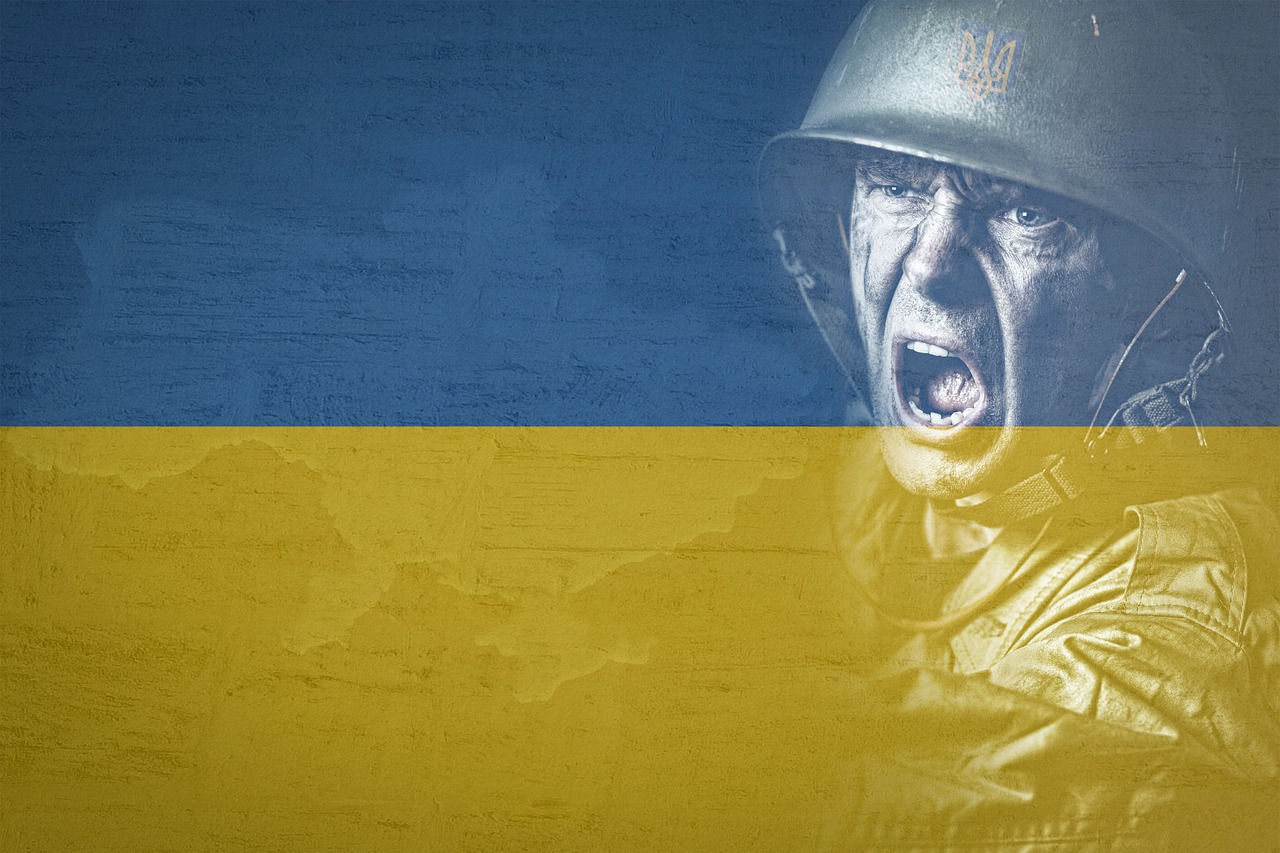Angela Merkel Reflects on Her Legacy Amidst the War in Ukraine
Former German Chancellor Angela Merkel recently discussed her controversial policies regarding Russia and Ukraine during an interview with the BBC. Her reflections come at a time when the ongoing conflict in Ukraine has prompted intense scrutiny of her leadership and decisions made during her 16 years in office. Merkel asserts that her gas agreements with Russia were aimed at supporting German industry while maintaining peace with Moscow, and she contends that the war in Ukraine would have erupted earlier without her intervention against Kyiv’s NATO membership in 2008.
The NATO Controversy
Merkel argues that if Ukraine had been allowed to join NATO, it would have faced military conflict sooner. She believes that President Putin would not have accepted such a shift. According to Merkel, Ukraine was not prepared for war back then, which contrasts sharply with the views of Ukrainian President Volodymyr Zelensky, who labels her NATO decision as a miscalculation that empowered Russia.
Merkel highlights the need for global cooperation to prevent nuclear conflict, emphasizing the frightening potential of nuclear escalation.
Despite enjoying high approval ratings during her tenure, Merkel now finds herself defending her legacy as Europe reassesses its relationship with Russia following Putin’s invasion of Ukraine shortly after she left office. Her memoir, Freedom, has reignited discussions about her approach to diplomacy and energy dependence on Russia.
Shifting Energy Policies and Economic Challenges
Under Merkel’s leadership, Germany became reliant on Russian energy, constructing two major gas pipelines. She insists that these initiatives served both economic interests and diplomatic purposes. Critics argue that this dependency has fueled Russia’s military ambitions, with some Eastern European leaders claiming that German investments contributed to financing the war.
Following sanctions on Russian energy, Germany is now grappling with rising costs as it seeks alternative sources. The shift represents a significant change in European energy policy, which Merkel acknowledges as regrettable but necessary for security.
In addition to energy policy, Merkel’s decision during the 2015 migrant crisis opened Germany’s doors to over a million asylum seekers—a move praised by some but criticized by others for strengthening far-right political movements within Europe.
Looking Forward: A Broader Context
As Europe confronts challenges from far-right parties and sluggish economies, Merkel emphasizes the importance of investing in African nations to address migration at its source. She acknowledges that current leaders face an uncertain global landscape marked by economic pressures and geopolitical tensions.
While she no longer holds power, Merkel remains a sought-after advisor among international leaders navigating complex dynamics with countries like China and the US. Despite her significant influence on European politics, she expresses no desire to return to political life.
As Europe continues to grapple with its post-Merkel identity amid shifting global alliances, her legacy will undoubtedly shape ongoing debates about energy security, migration policies, and diplomatic relations for years to come.


